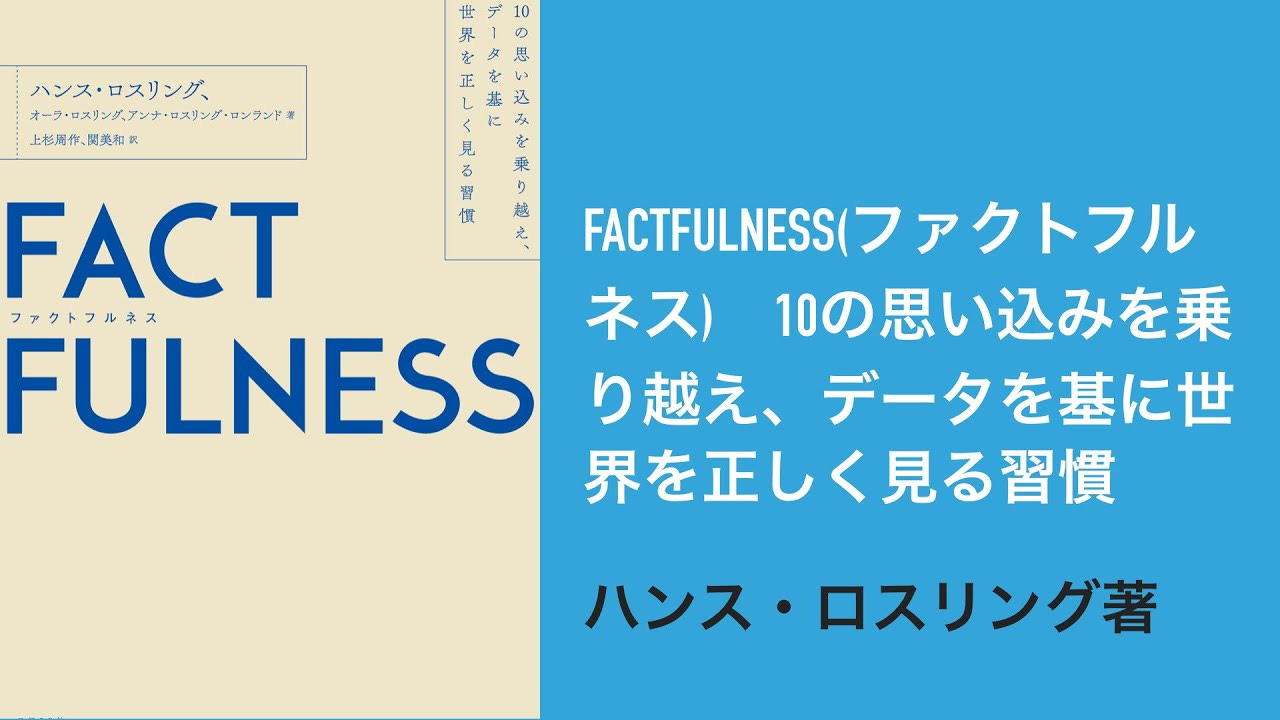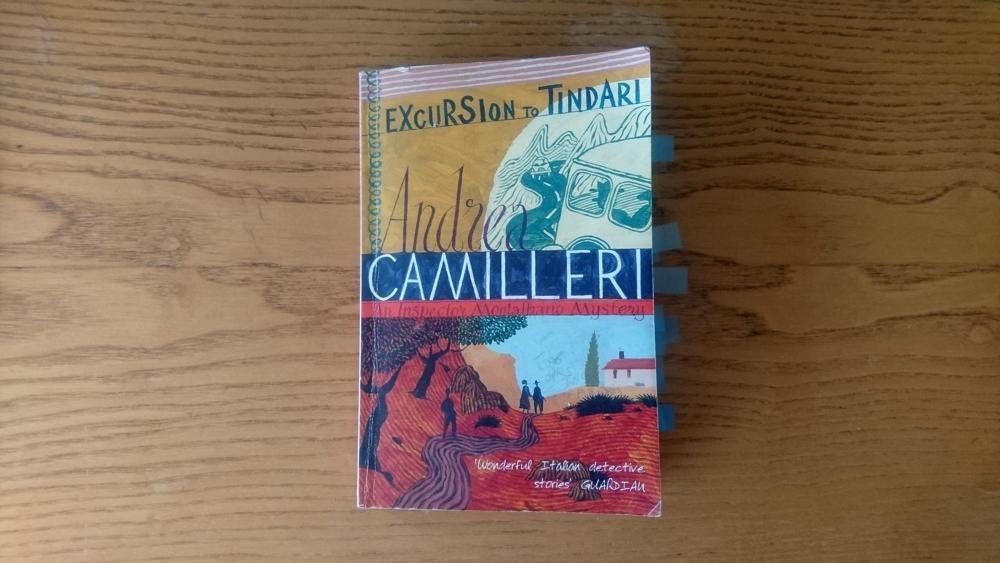Factfulness
A quiz! A book! A bike ride!

Happy Friday!
Quite often, I don’t know what I’m going to write about in this newsletter until I start typing. This can make the final piece as surprising for me as it is for you.
This week I really had no idea what I would be writing until a couple of hours ago. I was surprised at what came out - I really had no intention of writing anything so depressing.
On the plus side it does start with a quiz, so I won’t mind too much if you just take the quiz and then skip over the rest of the text until you hit a photo of a book.
It’s safe from there on, I promise. Enjoy!
Factfulness
A dear friend of mine is currently reading Factfulness, an optimistic book about facts written by development darling Hans Rosling and his able collaborators.
The book opens with an absolute minefield of a multiple choice general knowledge quiz, which you can take here.
I’ll wait.
As you may have noticed, the quiz is intended to blow your mind with how much better life in our global village is today than most people (including experts) believe.
Less people live in extreme poverty than we think, more young women have access to education than we think, and global life expectancy is higher than we think.
In 2017, Hans Rosling's Gapminder Foundation asked nearly 12,000 people in 14 countries to answer these questions. They scored on average just two correct answers out of the first 12. No one got full marks, and just one person (in Sweden) got 11 out of 12. Fifteen percent scored zero.
In fact, chimpanzees would have outscored the 80 percent of humans who did worse than random chance when they took the quiz.
There are two reasons I like this book, despite not having read it:
The disparity between how well humans did - 2 out of 12 correct answers - and how well we should do if we simply picked one answer at random from the three given - 4 out of 12 correct answers - shows that our sources of information (AKA the news media) is systematically biased against reality and in favour of negativity. Newsless since 2017, I have long been an advocate of the No News is Good News information diet. Now I have some evidence that I might also be better informed.
Although the general drift of the book is that things are, in general, getting better, the authors don’t argue that this is a result of anything other than decades of extremely hard work. Nor do they make the argument that everything is rosy in our planetary garden. As Rosling mega-fan Bill Gates puts it: ‘the world can be both bad and better’.
But one thing that immediately struck me as I was discussing the quiz with my dear friend was the absence of any questions about displaced persons.
And, as the 2019 Aegean Boat Report reminded me earlier this week, the world can also be both bad and worse.
At the end of 2018 - the latest year for which UNHCR have data - there were 74.79 million ‘persons of concern’ across the world, including refugees, asylum seekers, internally displaced persons and stateless persons.
Ten years earlier there were ‘only’ 34.46 million such persons of concern. The number of human beings suffering has more than doubled.
Bad and worse.
UNHCR only have solid data going back to 1951, but, for reference, Wikipedia states that World War II created 11 million displaced people.
The last big surge in refugee numbers was after the break up of the Soviet Union. In 1992, there were 17.83 million refugees according to UNHCR figures.
At the end of 2018 there were 20.36 million - and this excludes the 5.5 million registered Palestinian refugees cared for under the auspices of a different UN agency.
Bad and worse.
Raw refugee numbers have doubled in the last decade, but the biggest single reason for the twenty-first century surge in UN persons of concern is down to a huge increase in the number of those displaced within the state they used to call their own.
In 2012 there were 17.67 million internally displaced persons in the world. At the end of 2018, there were 41.43 million.
This figure includes those driven from their homes in Syria, Somalia, Democratic Republic of Congo, Ukraine and Colombia. They don’t meet the technical definition of ‘refugee’, but when you’re fleeing for your life it doesn’t much matter where you draw the border lines.
I’m a huge fan of Hans Rosling’s factfulness because it reminds us where we should be putting our efforts. The problem of displaced people - whether we call them refugees or not - is bad and getting worse. It deserves our attention.
If the mixing of peoples was the order of empires and the ‘unmixing of peoples’ the order of nation-states, what’s on the horizon?
Kapka Kassabova, Border (2017)
~
TOTALLY UNRELATED: Thighs of Steel announce the route for this year’s London to Athens mega refugee fundraising ride next week!
You can play your part and to be the first to hear how, sign up to the Thighs of Steel occasional updates mailing list or follow Thighs on Instagram and/or Facebook.
Books Make Books

A couple of days ago I published a Books Make Books on the Sicilian detective novel Excursion to Tindari by Andrea Camilleri.
This one includes a hellish description of an olive tree, three Italian/Sicilian proverbs and a recipe for caponata.
Read the digest online and, if you like books, sign up for more throughout the year.
Next up will be Border by Kapka Kassabova, which I finished reading this morning and certainly lives up to its Guardian review: ‘a marvellous book about a magical part of the world’.
Your neck of the woods?
I’m back in London tomorrow for a Thighs reunion and the Crisis at Christmas after party - both reminders that nothing bonds a community like doing something challenging and worthwhile together. (Also drinking.)
Much love,
dc:
CREDITS
David Charles wrote this newsletter. He publishes another newsletter about reading called Books Make Books. David is co-writer of BBC Radio Wales sitcom Foiled, and writes for The Bike Project, Forests News, Global Landscape Forum, Elevate and Thighs of Steel. He also edits books about adventure, activism and more. Reply to this email, or delve into the archive on davidcharles.info. Thank you for subscribing!

